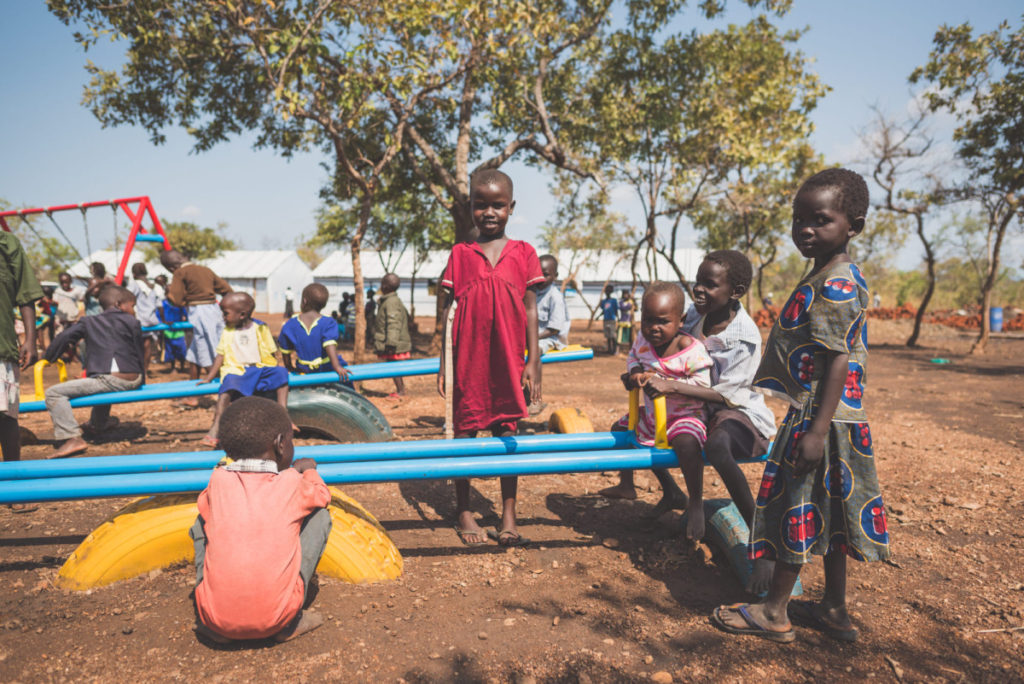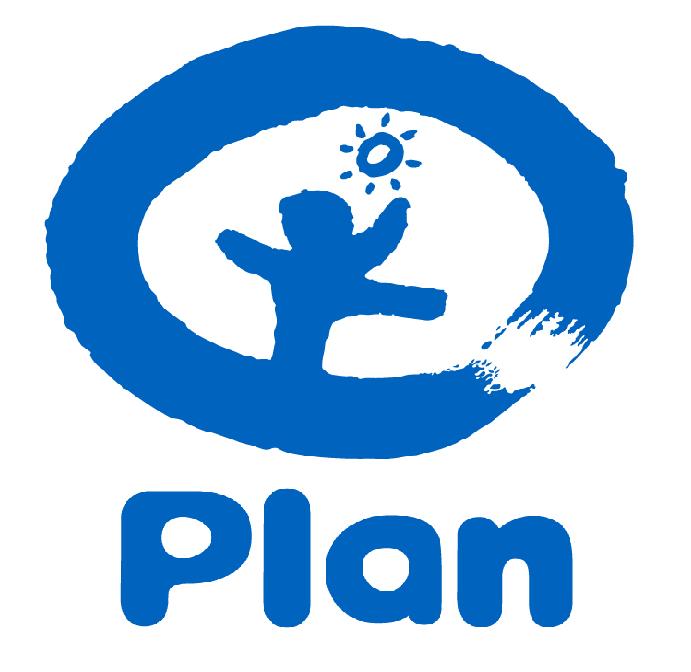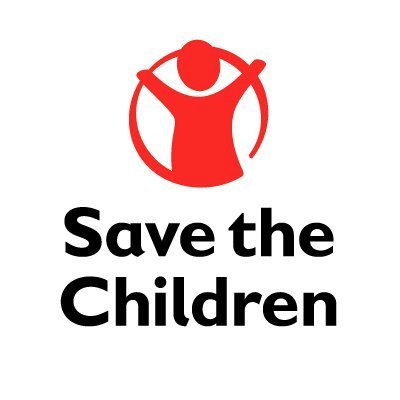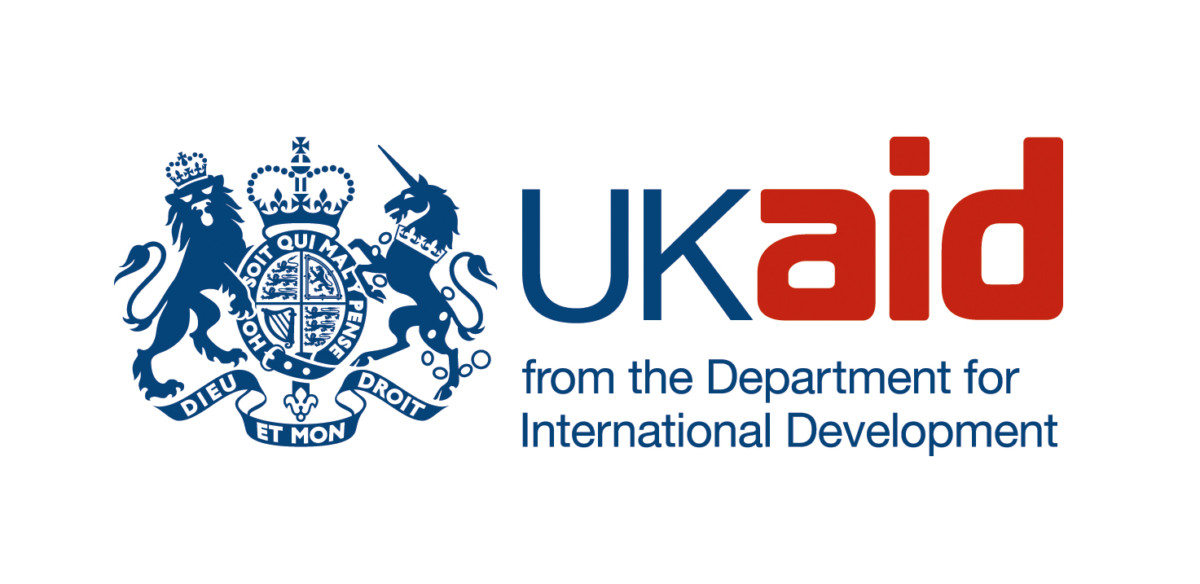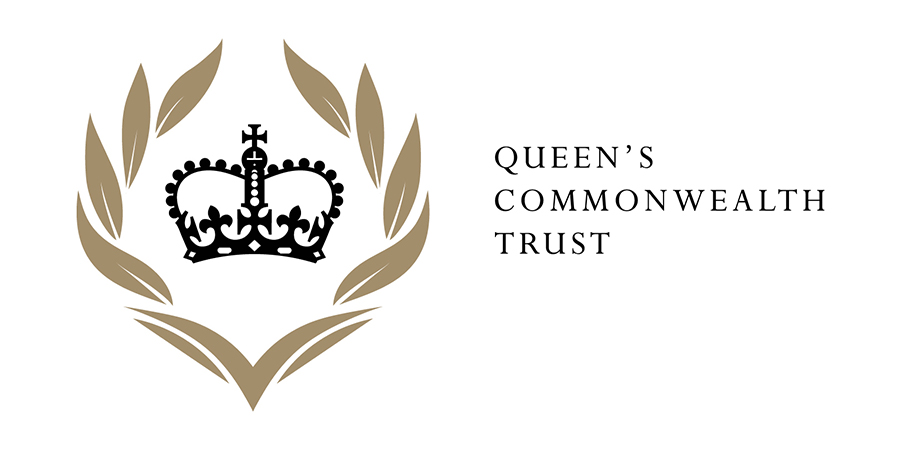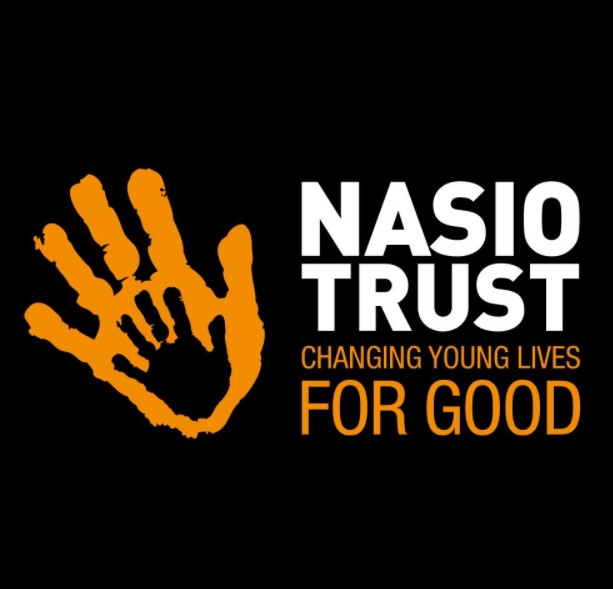Development
Play is an essential part of childhood and is critical to child development, supporting the cognitive, physical, social and emotional well-being of children. Play is especially important during the early years (0-8 years of age), because this is the period in life when the brain develops most rapidly and has a high capacity for change – laying the foundation for health and well-being throughout life.
Play allows children to use their creativity while developing their imagination, dexterity, and physical, cognitive, and emotional strength. Play is important to healthy brain development. It is through play that children at a very early age engage and interact in the world around them. Play allows children to create and explore a world they can master, conquering their fears while practicing adult roles, sometimes in conjunction with other children or adult caregivers. As they master their world, play helps children develop new competencies that lead to enhanced confidence and the resiliency they will need to face future challenges.
As well as enabling optimal cognitive and emotional development, play builds active, healthy bodies through physical development, and develops motor skills. Play is a cherished part of childhood that offers children an incredible number of developmental benefits when harnessed and prioritised.
